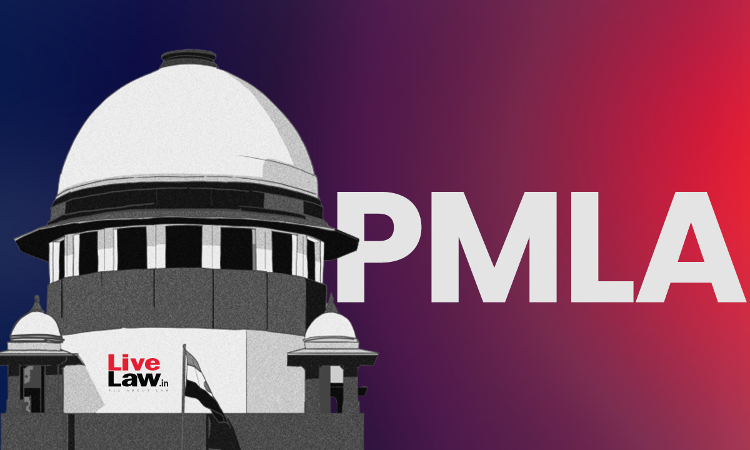'Bribe Giver' Is A Party Connected To 'Proceeds Of Crime' ; Can Be Prosecuted Under PMLA : Supreme Court
Ashok KM
1 Nov 2022 5:17 PM IST

Next Story
1 Nov 2022 5:17 PM IST
The Supreme Court set aside a Madras High Court judgment which quashed PMLA proceedings initiated against a 'bribe giver'."By handing over money with the intent of giving bribe, such person will be assisting or will knowingly be a party to an activity connected with the proceeds of crime. Without such active participation on part of the person concerned, the money would not assume the...
